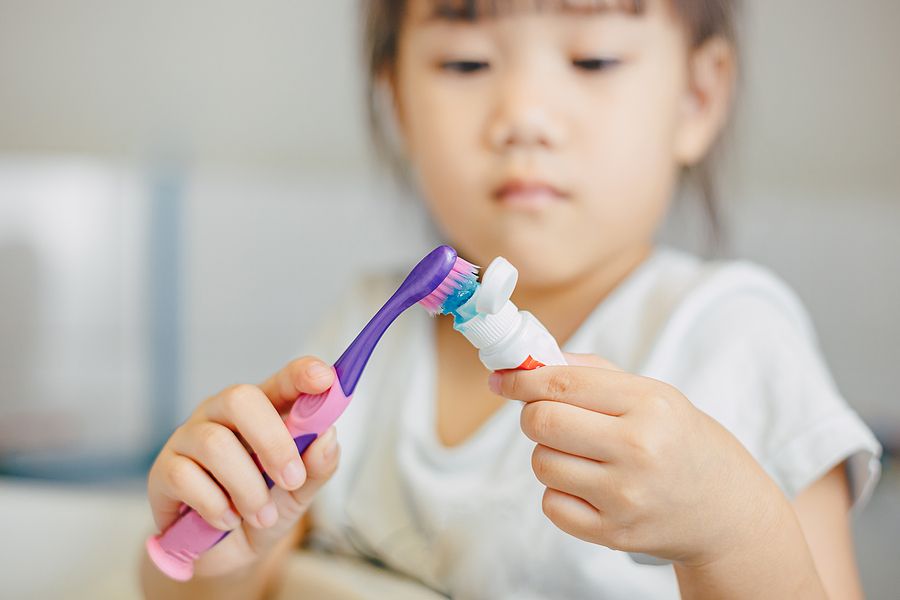One of the most wonderful memories for a parent is when a baby’s first teeth emerge at about six months of age. But many parents know very little about their child’s baby teeth.
You can consult dentists Dr. Craig Fisk, Dr. Gary Iskol, and Dr. Alex Podebryi from Above and Beyond Dentistry in Lawrenceville, Georgia to find out more about baby teeth and how to keep them healthy. Until then, here are some fascinating facts about baby teeth every parent should know:
- Helping Teething Pains
The teething phase can be quite painful for your babies causing sore gums or inflamation. You can soothe it with gum massages or a cold compress.
- Sequence of Baby Teeth Formation
All baby teeth are formed before birth, but the first baby tooth appears at about 6 months of age. They continue to erupt in a defined sequence until they turn 3. When the child is around six to seven years of age, their baby teeth begin to fall off one by one, again in a defined sequence, making space for the permanent teeth.
As the permanent teeth begin to erupt, the roots of the milk teeth are eaten up. The milk teeth loosen and fall off, allowing the permanent ones to erupt.
- Brittle Structure
Even though adult teeth are sturdy, baby teeth are smaller in size and brittle in structure compared to permanent teeth. They can be easily chipped/broken and decayed, so oral hygiene is essential in children.
- The Many Functions of Baby Teeth
Baby teeth help children chew, and talk. More importantly, they also serve as placeholders for permanent teeth. Some children may not have a permanent tooth bud, so their baby teeth may not fall out on their own.
This is also the reason why a lost baby tooth should not be ignored. You should have a dentist check whether the created space is maintained so that the permanent tooth can properly emerge.
- Regular Dental Visits
Regular dental visits are important to maintain your oral hygiene. At Above and Beyond Dentistry, we recommend regular dental visits for everyone, especially children. Their baby teeth are more prone to decay and damage and are essential for the proper development of their adult teeth.

